-
The University
- Welcome
- Who we are
- Media & PR
- Studying
-
Research
- Profile
- Infrastructure
- Cooperations
- Services
-
Career
- Med Uni Graz as an Employer
- Educational Opportunities
- Work Environment
- Job openings
-
Diagnostics
- Patients
- Referring physicians
-
Health Topics
- Health Infrastructure
Research Infrastructure
A high-quality and competitive infrastructure is required for any location of research, technology and innovation to remain competitive globally. The Medical University of Graz offers its researchers this first-class infrastructure, making highly competitive cutting-edge research possible on site.
An innovative research environment at a glance

University Campus
Our university campus is a place where the clinical and non-clinical areas of the Medical University of Graz are brought together. This is where Med Uni Graz creates profiles and emphases in teaching, research and patient care and makes optimal use of resources and synergies.
Find out more about the university campus

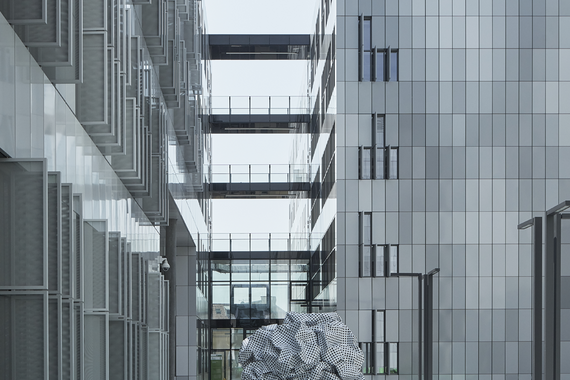
Research Centers and Institutes
Teaching, research and diagnostics are carried out according to the biopsychosocial model in three basic research centers and four unaffiliated institutes. This pooling of strengths into the research centers makes the dimension and content of research potential visible both inside and outside.
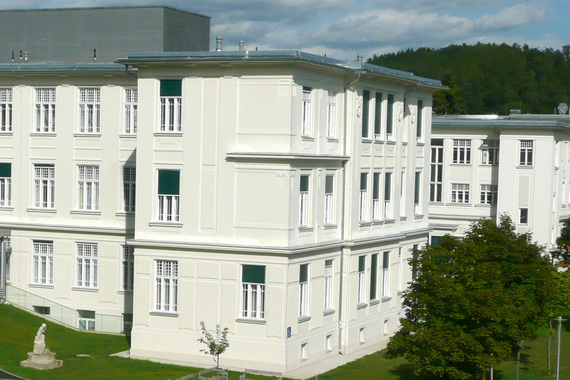
University Departments
At 18 university departments, our University Hospital Graz staff provide first-class and personalized patient care, receive innovative and practice-oriented education and conduct forward-looking and excellent research. The departments are led by professors in the respective specialist fields who are employed by the Medical University of Graz.

University Library
University Library is a public library that is open to all. Readers have a choice of 180 seats where they can study and work. 52 fully equipped IT workspaces provide the most modern infrastructure for our visitors. The books, journals and electronic resources may be used within the library without any restrictions.
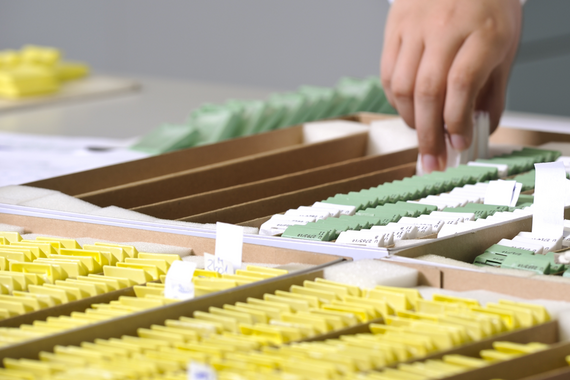
Biobank Graz
Biobank Graz houses a collection of human biological specimens and associated data that is well structured and ready to be analyzed. With around 20 million biological specimens, it is one of the largest clinical biobanks in Europe. The goal of Biobank Graz is to improve health care for the population.
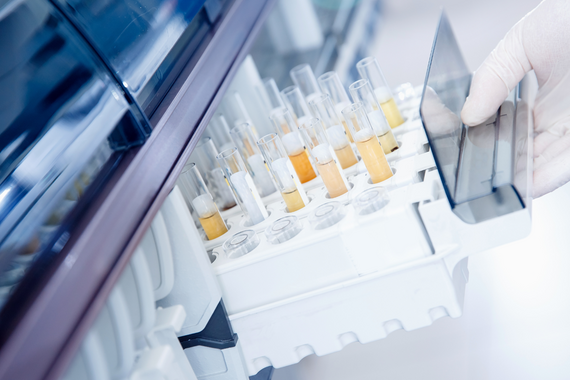
Biomedical Research (BMF)
Biomedical Research is responsible for caring for laboratory animals at different hygiene levels and provides research projects with special infrastructure and special lab areas. Given the strict legal and ethical requirements for animal experimentation, Biomedical Research supports researchers in planning and executing tests as well as evaluating existing methods and developing new alternative methods (3R).
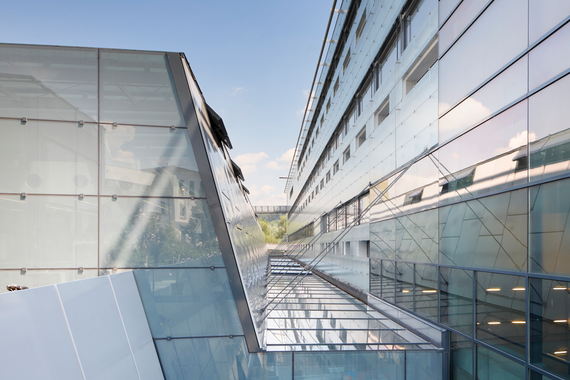
Center for Medical Research (ZMF)
The Center for Medical Research provides first-class infrastructure for point-of-care research. Specially constructed to meet the requirements of biomedical research, the modern building is located in the center of University Hospital Graz and in direct proximity to university campus. More than 4,000 square meters of well-equipped laboratories and offices as well as excellent core facilities are available for services.
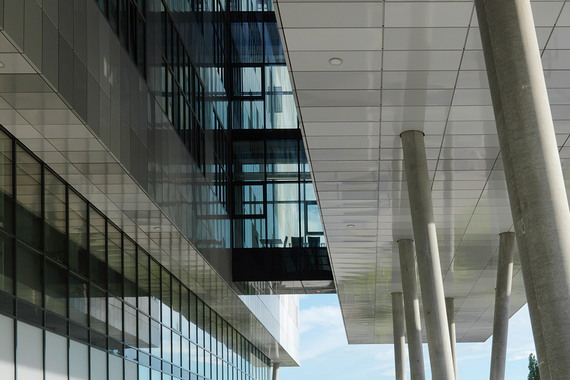
Center for Knowledge and Technology Transfer (ZWT)
The Center for Knowledge and Technology Transfer in Medicine is directly connected to Med Uni Graz and University Hospital Graz. As co-owner of the center, the Styrian Business Promotion Agency (SFG) supports close networking with the industry. Research space is available at the center for innovative companies in the area of life sciences.
Special research infrastructure at Med Uni Graz
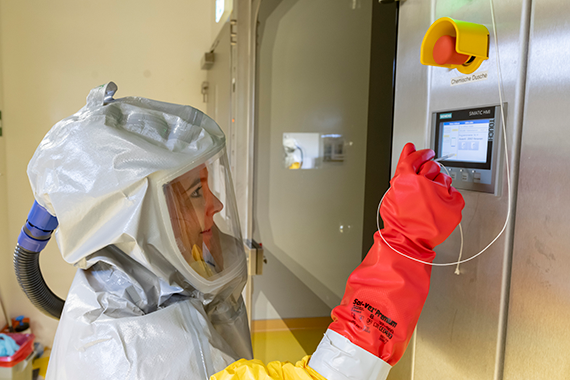
High security lab
Med Uni Graz has a biosafety level 3 (BSL-3) lab at the Diagnostic and Research Institute of Pathology. This lab infrastructure is unique in Austria. Camera surveillance, entry checks, protective clothing and chemical showers allow work with highly infectious dangerous microorganisms that can cause serious disease and epidemics. This year the demand to use the lab for research and development projects as well as cooperations in COVID-19 research was especially great.
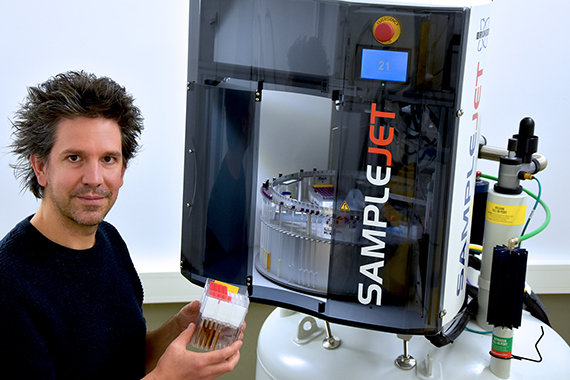
Integrative Metabolic Research Center
The Integrative Metabolic Research Center established is a project financed by Higher Education Area Structural Funds program of the Austrian Federal Ministry of Education, Science and Research as part of the BioTechMed-Graz cooperation. Research at the center focuses on exploring the molecular mechanisms behind the development of disease and their connection to environmental influences, aging and stress using metabolites.
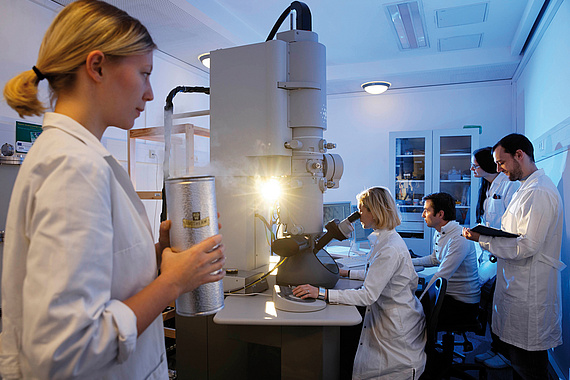
Transmission electron microscope
The transmission electron microscope for analyzing tissue sections and protein samples is another part of the research infrastructure financed by the Higher Education Area Structural Funds program of the Austrian Federal Ministry of Education, Science and Research. This technology is applied to look into the center of cells, tissue and tumors. Three-dimensional electron microscopy allows new insights into different cell organelles, visualizing functional relationships in terms of ultrastructures and thereby making comprehensible the possibilities for medical intervention, for example in tumor biology.
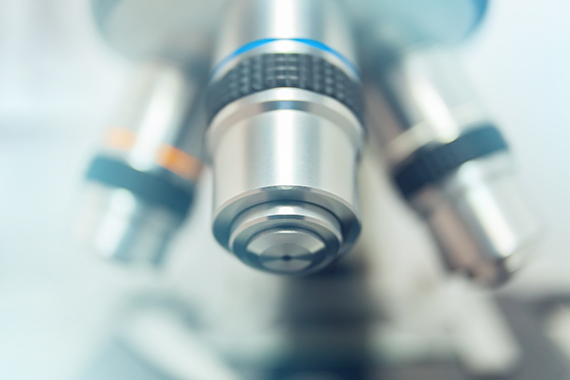
NIKON Center of Excellence
The NIKON Center of Excellence for Super-resolution Microscopy: Cells and Organelles supplies Graz researchers with a unique microscope that represents a breakthrough in resolution and measuring speed and provides another clear impetus in the field of biomedical research at science hub Graz. The center not only permits state-of-the-art microscopy but also provides a platform for the free exchange of ideas, methods and technologies between scientists and NIKON. The joint promotion of research and the development of new technologies are the declared goals of both parties.


